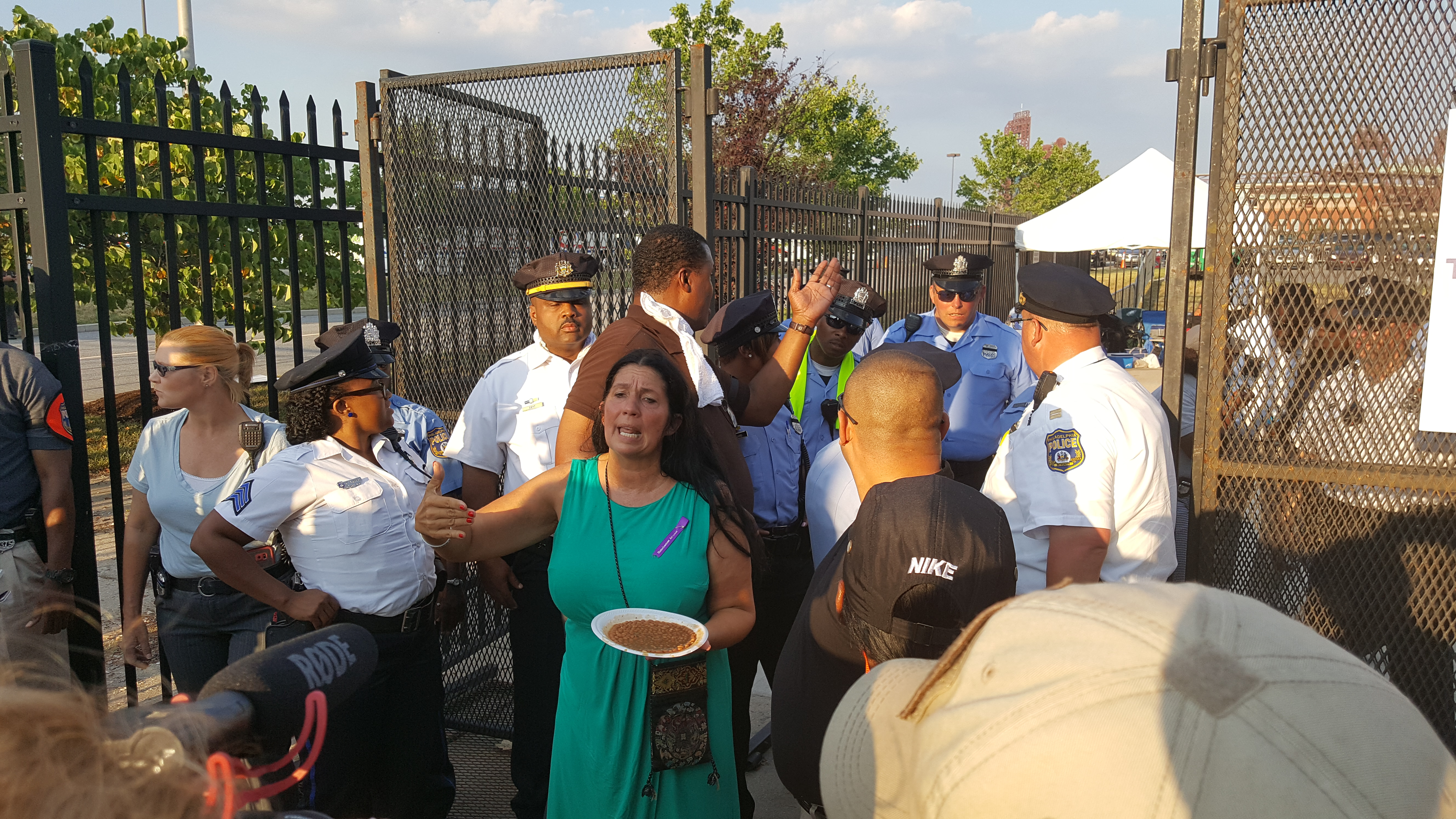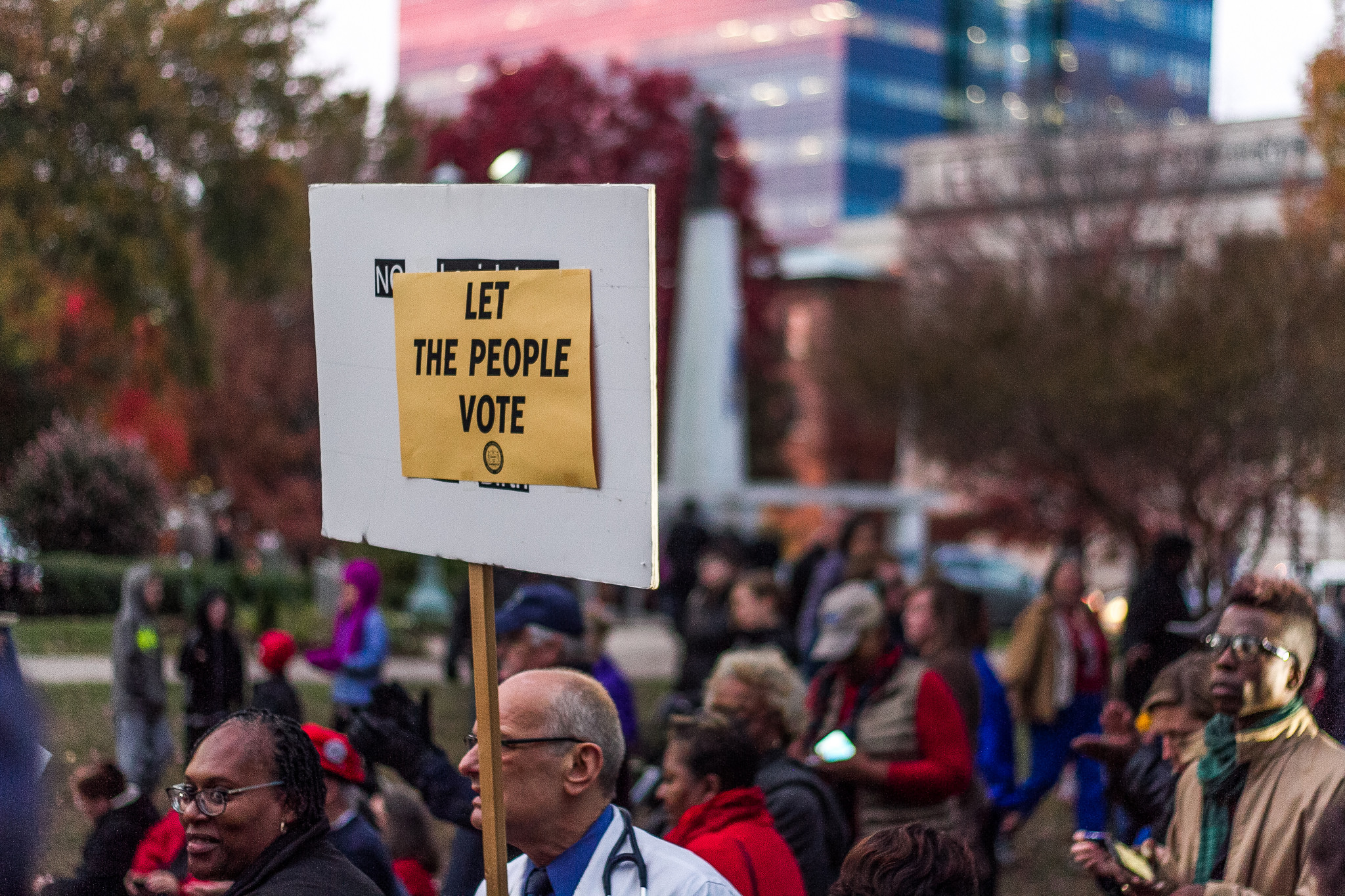President-elect Donald Trump has selected David Friedman, a notorious opponent of the peace process in Israel and Palestine and a financial supporter of illegal Israeli settlements, to be the next U.S. ambassador to Israel.
Trump, who officially nominated Friedman on Dec. 15, is unlikely to quell the accusations of corruption and nepotism that have dogged the incoming administration with this controversial pick. Friedman is a long-time friend of the president-elect and a lawyer who helped Trump file for bankruptcy in 2004 and 2009.
Friedman fervently supports the ongoing expansion of apartheid Israel’s occupation of Palestine, and many political analysts have noted that Friedman’s political views actually put him to the right of Benjamin Netanyahu, Israel’s far-right prime minister.
An Orthodox Jew, Friedman maintains residences in both the United States and Jerusalem. In the formal announcement for his post released by Trump’s transition team, Friedman suggested that the U.S. embassy be moved from its current location in Tel Aviv to “Israel’s eternal capital, Jerusalem.”




